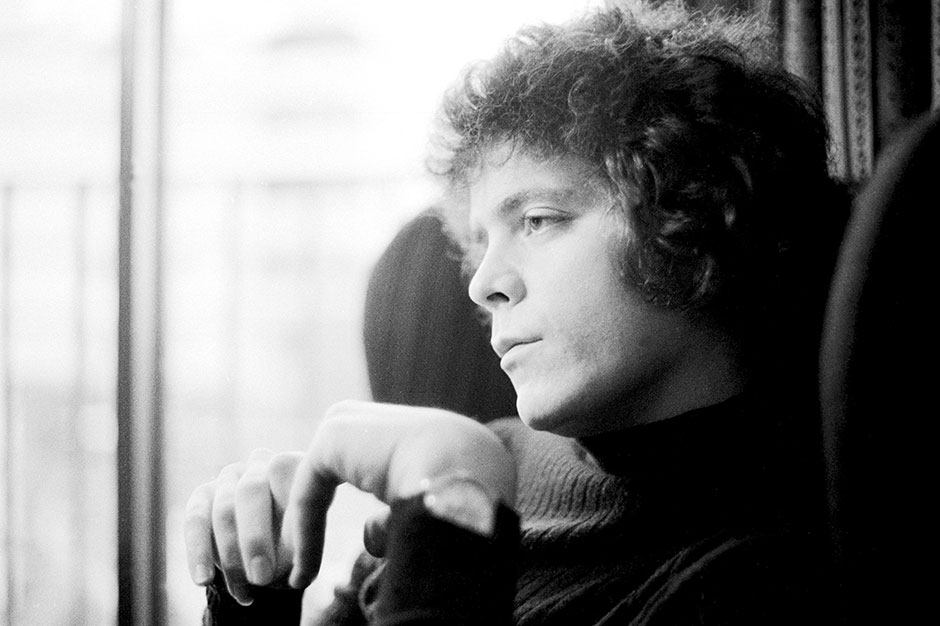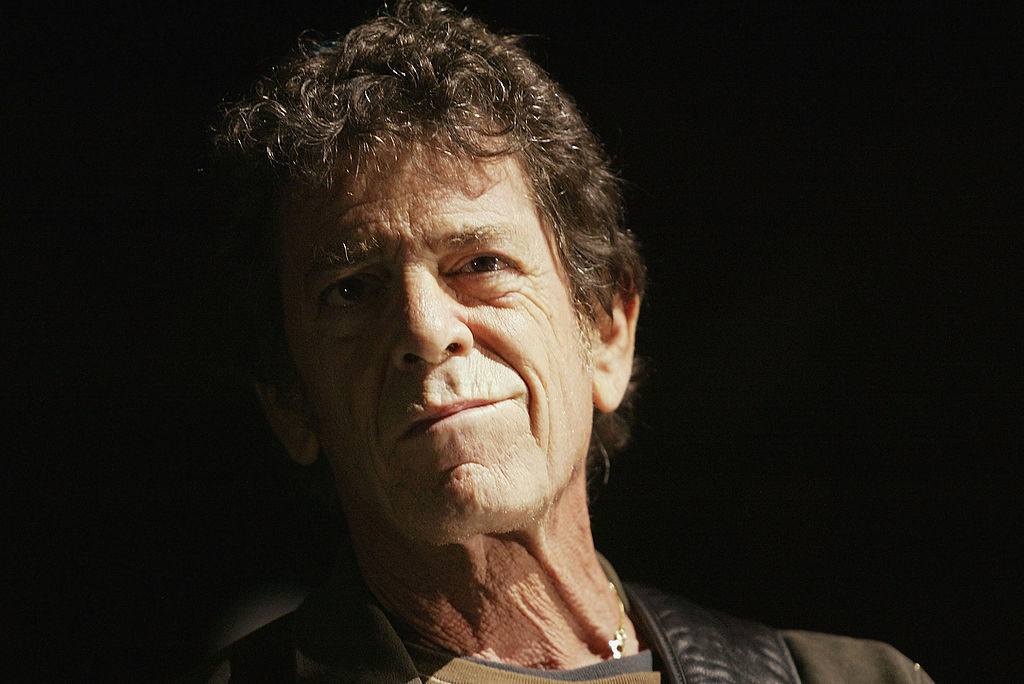Lou Reed, co-founder of the Velvet Underground and one of the most influential songwriters in rock history, died today at 71.
The cause of Reed’s passing was liver disease, Dr. Charles Miller of the Cleveland Clinic, who performed a liver transplant on the singer in May, told The New York Times. “He died peacefully, with his loved ones around him,” Miller said. Reed’s death was first reported in Rolling Stone.
A songwriter of sharp eloquence and biting sarcasm, Reed and the Velvets emerged in 1966 under the patronage of Andy Warhol. Their debut the following year, The Velvet Underground & Nico, was widely overlooked at the time, but has retroactively and deservedly been proclaimed as one of the greatest albums of the rock era. The band released three more studio albums before Reed left in 1970 to embark upon a solo career. He released 22 solo studio albums over the years, the most recent being a 2011 collaboration with Metallica under the name Lulu.
A small sampling of Reed’s classic songs includes “Waiting for the Man,” “Sweet Jane,” “Heroin,” “Sister Ray,” “Walk on the Wild Side,” “Rock and Roll,” “Femme Fatale,” “Perfect Day,” “White Light/White Heat,” “Satellite of Love,” and many others.
While Reed issued quality work at many points over a career that spanned nearly 50 years, few would dispute that his best songs came in the first decade of his career. The Velvets’ debut was a groundbreaking fusion of folky pop and excruciating noise, classic rock’n’roll and avant-garde leanings, all paired with Reed’s groundbreaking literary lyrics, which depicted drugs, S&M, transgender, and other underworld scenes with hitherto untapped realism (“The Gift,” from 1968’s White Light/White Heat LP, featuring the band playing over bassist John Cale’s recitation of a romantically perverse, Reed-penned short story.) The Velvets became a somewhat more conventional guitar-rock band after Cale’s departure in mid-1968, but Reed continued to push the envelope with his incisive lyrics. The band’s work is most definitively collected in the 1996 box set Peel Slowly and See, and expanded editions of several of its albums are available (an edition of White Light/White Heat will be released next month).
Frustrated with the band’s lack of recognition and commercial success, Reed quit in August of 1970 and gradually focused on a solo career. His eponymous debut featured mostly Velvets leftovers, but through the assistance and production work of fan and friend David Bowie, his 1972 Transformer album was a creative and critical success, spawning one of the least likely Top 40 singles in pop history via “Walk on the Wild Side,” a song depicting characters from Warhol’s Factory in a series of vivid vignettes, which included the lyric, “But she never lost her head / Even when she was giving head.”
With characteristic contrariness, Reed followed this success with Berlin, easily one of the most lyrically harrowing albums in rock, which was a loose concept piece about a broken family and suicide. In the ensuing years, Reed’s drug abuse exacerbated his reputation as one of the most difficult and combative characters in music, with confrontational interviews (like this 1973 verbal battle with Lester Bangs) the norm. While Berlin‘s follow up, 1974’s Sally Can’t Dance, was comparatively upbeat, his next album, Metal Machine Music, was a double album of white noise and feedback – a precedent-setting sonic middle finger directed at fan and critical expectations.
Yet after the mid-’70s, Reed’s career stabilized musically as his influence became acknowledged by punk and post-punk musicians including Patti Smith, Television, Joy Division, and countless others. His keyboard-driven, late-1970s work (peaking with the Street Hassle album and title song) gave way to a more-stripped-down, guitar-based sound played by a tight quartet. Joining forces with guitar ace/longtime Velvets fan Robert Quine, Reed entered a second golden era, premiered with 1982’s The Blue Mask, an album that featured his most lively and energetic songs in years.
While he’d always performed Velvets songs in his live sets, after Warhol’s death in 1987, Reed became less averse to revisiting the era: He and Cale teamed up for the Warhol tribute LP Songs for Drella in 1990; the Velvets performed for the first time in 20 years at a 1990 Warhol tribute at the Fondation Cartier in Paris; and the group reunited for a European tour and live album in 1993, although further tour plans were abandoned after old personality differences emerged. The Velvets were inducted into the Rock and Roll Hall of Fame in 1996.
Reed’s legendary cantankerousness mellowed somewhat after he began dating singer/performance artist Laurie Anderson in the mid-1990s; the pair eventually married in 2008. His musical efforts became fewer and farther between, but he and Anderson were often seen out together in New York over the years, attending social events, walking their dogs, and enjoying some of the benefits that his iconic status afforded: He was even awarded a medal “for excellence in the arts” from his alma mater, Syracuse University – the place where he’d originally met Velvets guitarist Sterling Morrison — in a 2007 ceremony attended by Bowie, Bono, Anderson, novelist Oscar Hijuelos (who died earlier this month), and poet Mary Karr.
However, his brittleness was never far from the surface, and can be experienced in this 2008 interview with SPIN’s David Marchese (who got off easy compared to many others).
“I write whatever shows up,” Reed told Marchese. “That’s good enough for me. I’m part of the first generation that wants to still do original material and not tour around as an oldies act. You know, Chuck Berry is still out there playing. No one can play his music like he does. My stuff’s the same way.”
SPIN will have more on Reed’s life and career in the coming hours and days.
Don’t miss:
Lou Reed: A Critical Discography
The SPIN Interview: Lou Reed
Velvet Underground’s ‘White Light/White Heat’ Turns 45: Hear Six Incredible Covers
The Top 100 Alternative Albums of the 1960s
//www.youtube.com/embed/QYEC4TZsy-Y





